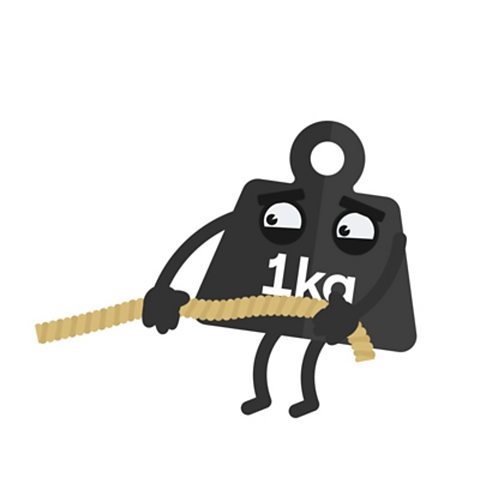If you dropped a feather and a hammer from the same height, which would fall faster?
It may seem obvious at first – but is it?
Let's find out!
The theories
Humans have been pondering this for a while. Click on the images below to see how our understanding has changed.
But what if you were on the Moon?
Now let’s say you’re on the Moon. If you were to drop a hammer and a feather from the same height, which would hit the ground first? Click the graphic below to find out.
On the Moon: As it happened!
At the end of the last Apollo 15 Moon walk, Commander David Scott performed a live demonstration for the television cameras. As over 600 million people watched on live TV, he held out a geologic hammer and a feather and dropped them at the same time.
Footage courtesy of NASA
Spaceman:
Well, in my left hand, I have a feather. In my right hand, a hammer. And I guess one of the reasons that we got here today was because of the gentleman named, Galileo a long time ago, and made a rather significant discovery about falling objects and gravity fields. And we thought that, where would be a better place to confirm his findings than on the moon? And so, we thought we would try it here for you, as the feather happens to be appropriately a falcon feather for our Falcon. And I'll drop the two of them here, and hopefully they'll hit the ground at the same time. How about that? Mr Galileo was correct in his findings.
So why do feathers usually fall slowly?
Air resistance
On Earth we have plenty of air to breathe. This air causes friction with objects as they fall through it, called air resistance, which can slow them down as they fall. Air resistance affects different shapes differently.
Because the Apollo crew were essentially in a vacuum, there was no air resistance and the feather fell at the same rate as the hammer.
This is exactly what Galileo had concluded hundreds of years before: all objects released together fall at the same rate regardless of mass. The result was predicted by well-established theory, but was reassuring for the Apollo crew as their homeward journey from the Moon depended on this theory being correct!


